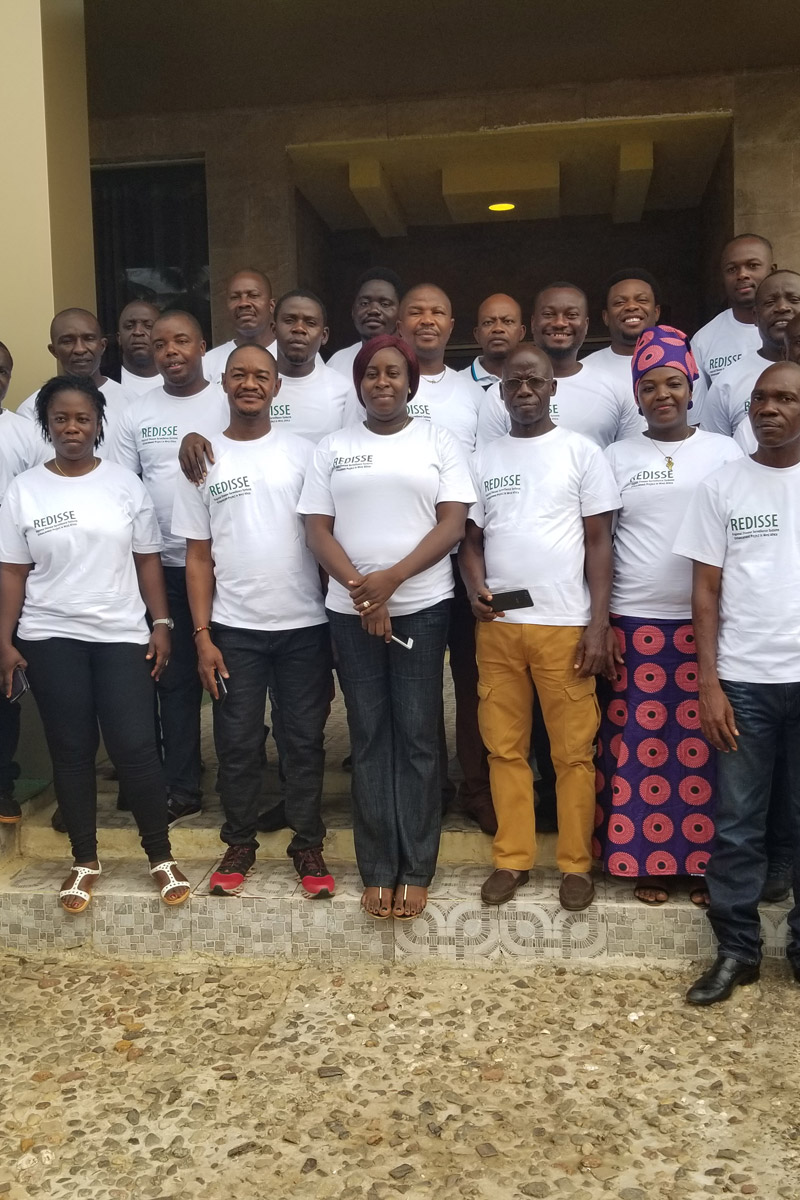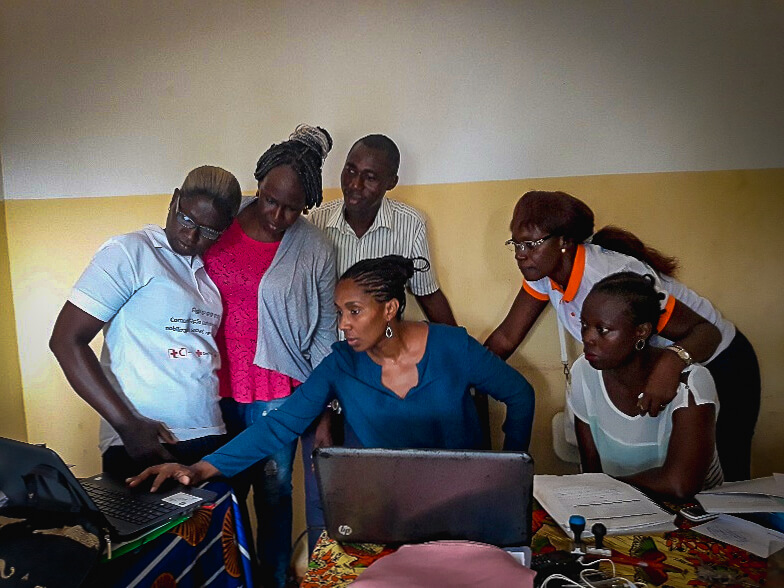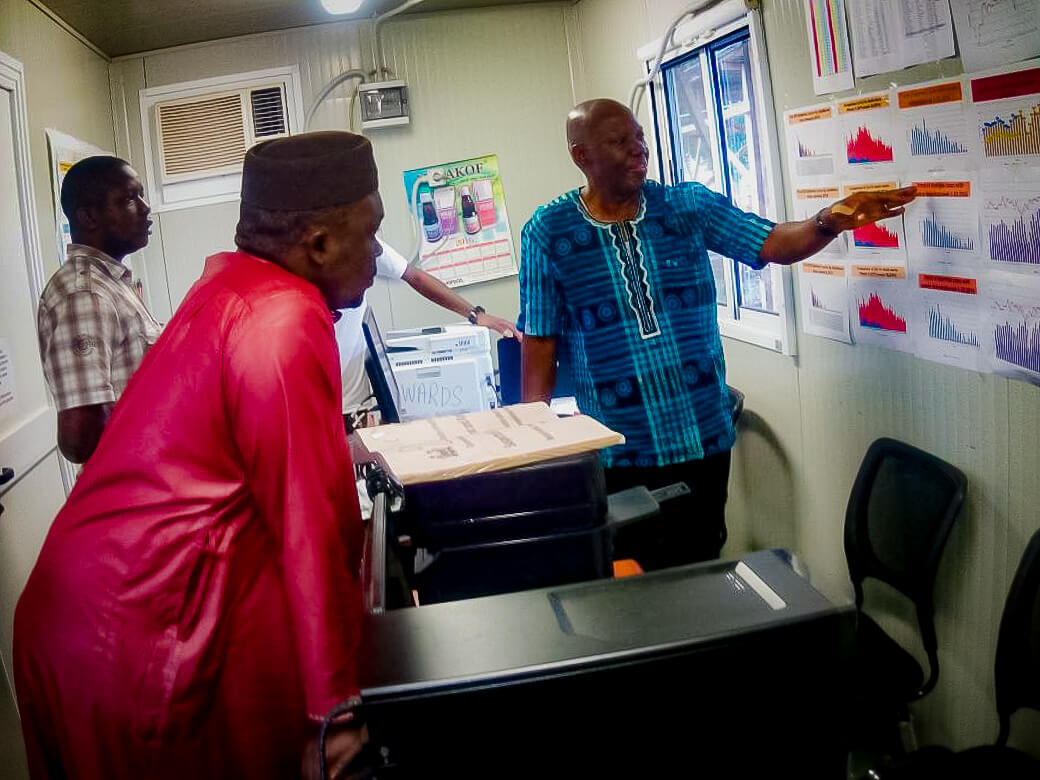REDISSE
Regional disease surveillance systems enhancement project in West Africa
Officially launched in 2016 and planned to last seven years, the “Regional Disease Surveillance Systems Enhancement Project in West Africa” (REDISSE) is a vast programme designed as a series of interdependent projects implemented in three phases, involving and supporting Economic Community of West African States (ECOWAS) member countries and Mauritania.
REDISSE aims to strengthen national and regional cross-sectoral capacity for collaborative disease surveillance and effective response in West Africa, with a focus on improved epidemic preparedness, particularly through the implementation of a “One Health” approach.
Funded by the World Bank with a budget exceeding US $ 380 million, REDISSE includes a CA $ 20 million contribution from the Government of Canada managed by the West African Health Organization (WAHO). Under this funding, Santé Monde, as WAHO’s implementing partner, was given two mandates to support the establishment of a total of 107 Centres for Epidemiological Surveillance (CES).
More specifically, Santé Monde’s role is to:
- Implement a structured field epidemiology training programme for data managers or surveillance officers working at the peripheral level, in 107 districts (or equivalent) in close collaboration with relevant national authorities;
- Carry out formative supervision of training participants, as an integral part of this training programme;
- Provide supported units with computer equipment.
Santé Monde’s support to health districts (or equivalent) to strengthen analytical skills and surveillance data management is done in collaboration with Fondation Mérieux, whose mandate is to support capacity building at the laboratory level within the same districts. Together, Santé Monde and Fondation Mérieux have contributed to the establishment of :
- 47 CES in Guinea, Guinea Bissau, Liberia, Sierra Leone and Togo (2017-2018);
- 60 CES in Bénin, Mali, Mauritanie, Niger et Nigéria (2020-2022).





